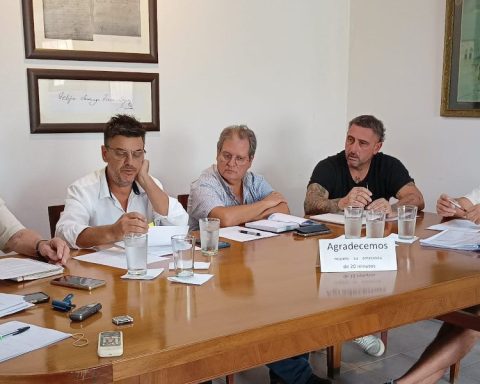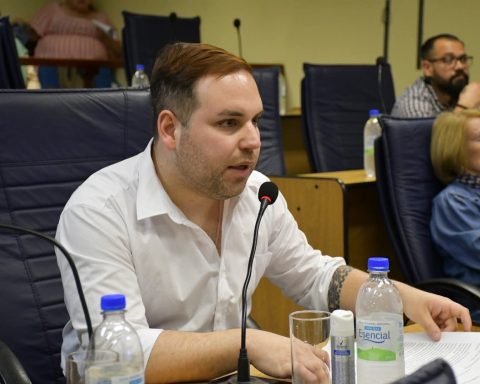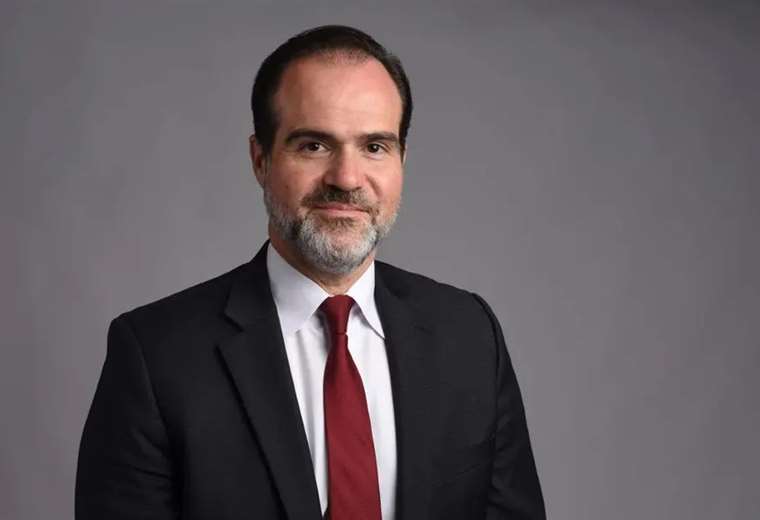
In a recent interview, the future Minister of Education and Culture, José Carlos Mahíawas optimistic about the potential of the Uruguayan educational system. He indicated that the teachers They are essential for educational progress and should not be considered a problem. This statement underlines its intention to position educators as allies in the transformation of the sector.
Mahía also stated that his government will seek to reach a “agreement” to establish a University of Education. Considers that Uruguay needs a new institutional framework that allows progress in education effectively. The proposal involves rethinking the country’s educational structure and promoting an innovative approach to learning.
Towards inclusive education
The design of the future educational scheme could depend on collaboration with the National Administration of Public Education (ANEP). Mahía hopes to achieve the necessary parliamentary support to reinstall the decentralized councils that will facilitate this relationship. This approach highlights the need for different stakeholders to work together to improve educational outcomes.
Regarding the relationship with the unionsthe future minister promised to include teachers in the decision-making process. This inclusion can be key to addressing the current problems faced by teachers, who, according to Mahía, work in increasingly difficult conditions within the classroom.
Current challenges in teaching
Teachers, according to Mahía, face a series of challenges due to the educational transformation previously implemented. Many educators, some of whom are in retirement, have experienced an additional burden that affects their performance. This suggests that a review of current policies could be essential to improve the work environment for educators.
The elected minister also addressed the issue of presence. He recognized that school attendance has decreased dramatically and considered it essential to implement measures to reverse this trend. This objective will be part of its initial agenda, prioritizing collaboration with ANEP and other relevant organizations.
Commitments to families
One of the aspects highlighted by Mahía was the idea of providing a bond of $2,500 to families with children in public education. This support would aim to alleviate the economic burden at the beginning of the educational cycle. However, the implementation of this measure will depend on the country’s budgetary and economic situation at the beginning of 2025.
Furthermore, the review of the current system of repetition was also raised. The minister stressed the importance of carrying out comprehensive studies on this issue and evaluating how future decisions in this regard will develop. This demonstrates an analytical approach towards educational procedures.
For Mahía, the challenge lies in articulate the actions between the Ministry and ANEP, emphasizing the need for a solid team that shares ideals and objectives. The look at educational policies includes a commitment to the active participation of all actors involved in education, from teachers to parents.
















